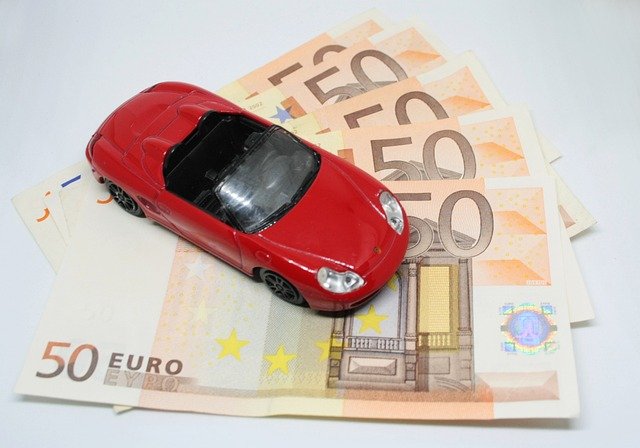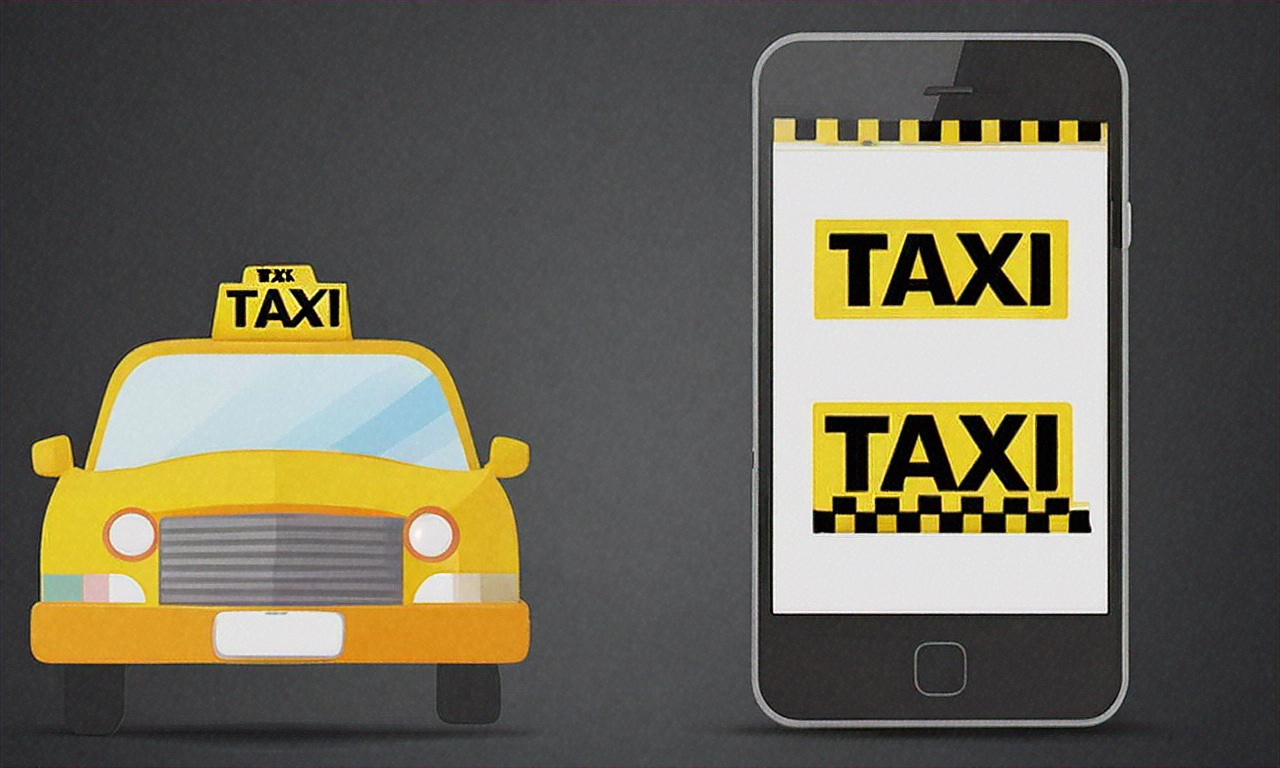The Complex World of Used Car Auctions: Understanding Vehicle Repossessions
The used car market has become increasingly complex in recent years, with various avenues for purchasing pre-owned vehicles. One intriguing aspect of this market is the world of used car auctions, particularly those involving repossessed vehicles. This article delves into the intricacies of car auctions, focusing on how repossessed vehicles end up on the auction block and what potential buyers should know before participating.

How do repossessed cars end up at auctions?
When a vehicle is repossessed, the lender usually doesn’t want to keep it. Instead, they aim to sell it quickly to recoup their losses. Car auctions provide an efficient platform for lenders to sell these vehicles to dealers or, in some cases, directly to consumers. The auction process allows for a quick turnaround, helping lenders minimize their financial exposure.
What types of vehicles can you find at repossession auctions?
Repossession auctions feature a wide variety of vehicles. You might find everything from economy cars to luxury vehicles and even recreational vehicles or motorcycles. The mix depends on the types of loans that have gone into default. It’s important to note that while some vehicles may be in excellent condition, others might have been poorly maintained or damaged.
Are car auctions only for dealers, or can anyone participate?
While many car auctions are dealer-only events, there are also public auctions where individual buyers can participate. However, it’s crucial to understand that buying at auction comes with risks and requires a certain level of expertise. Public auctions may have a higher reserve price to account for the fact that they’re selling directly to consumers rather than to dealers who will resell the vehicles.
What should potential buyers know before participating in a used car auction?
Participating in a used car auction requires careful preparation and a clear understanding of the risks involved. Here are some key considerations:
-
Research: Thoroughly investigate the auction house and its policies before participating.
-
Vehicle history: Try to obtain vehicle history reports for cars you’re interested in.
-
Inspection: If possible, inspect the vehicles before bidding. Some auctions allow for pre-auction inspections.
-
Set a budget: Determine your maximum bid for each vehicle and stick to it.
-
Understand the terms: Be clear on all fees, including buyer’s premiums and transportation costs.
-
No warranties: Most auction vehicles are sold “as-is” without warranties.
-
Be prepared to pay: Many auctions require immediate payment or a substantial deposit.
What are the potential risks and benefits of buying a repossessed vehicle at auction?
Buying a repossessed vehicle at auction can offer significant savings compared to traditional used car purchases. However, it’s important to weigh these potential benefits against the risks:
Benefits:
-
Lower prices due to the need for quick sales
-
Access to a wide variety of vehicles
-
Potential to find high-value vehicles at discounted prices
Risks:
-
Limited or no opportunity for test drives
-
Vehicles sold “as-is” with no warranties
-
Potential for hidden damage or maintenance issues
-
High-pressure bidding environment that can lead to overpaying
-
Additional fees that can increase the overall cost
| Auction Type | Typical Participants | Potential Savings | Risk Level |
|---|---|---|---|
| Dealer-Only | Licensed Car Dealers | 20-40% below retail | Moderate |
| Public | General Consumers | 10-30% below retail | High |
| Online | Dealers and Consumers | 15-35% below retail | High |
Prices, rates, or cost estimates mentioned in this article are based on the latest available information but may change over time. Independent research is advised before making financial decisions.
The world of used car auctions, particularly those involving repossessed vehicles, offers a unique opportunity for both dealers and individual buyers to potentially acquire vehicles at below-market prices. However, it’s a landscape that requires careful navigation, thorough research, and a willingness to accept certain risks. By understanding the process, preparing adequately, and approaching auctions with caution, savvy buyers can potentially find valuable deals in this complex marketplace.





